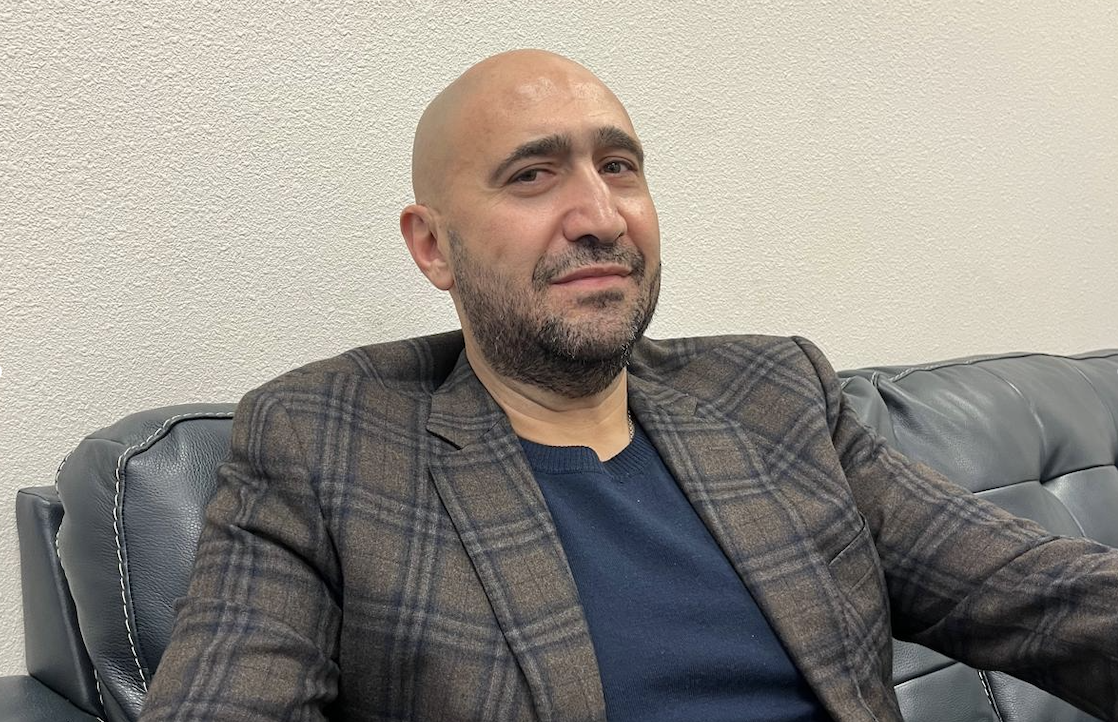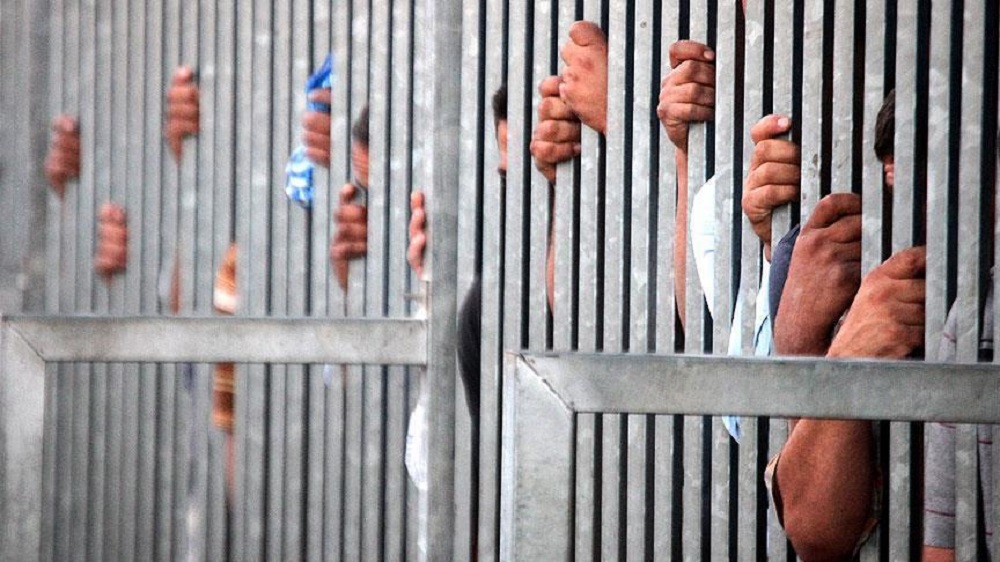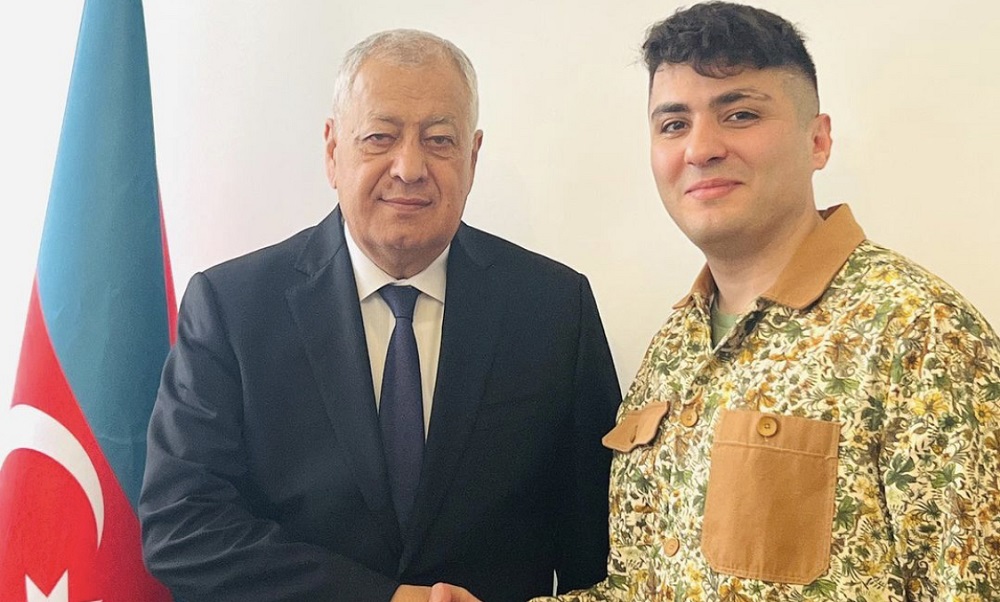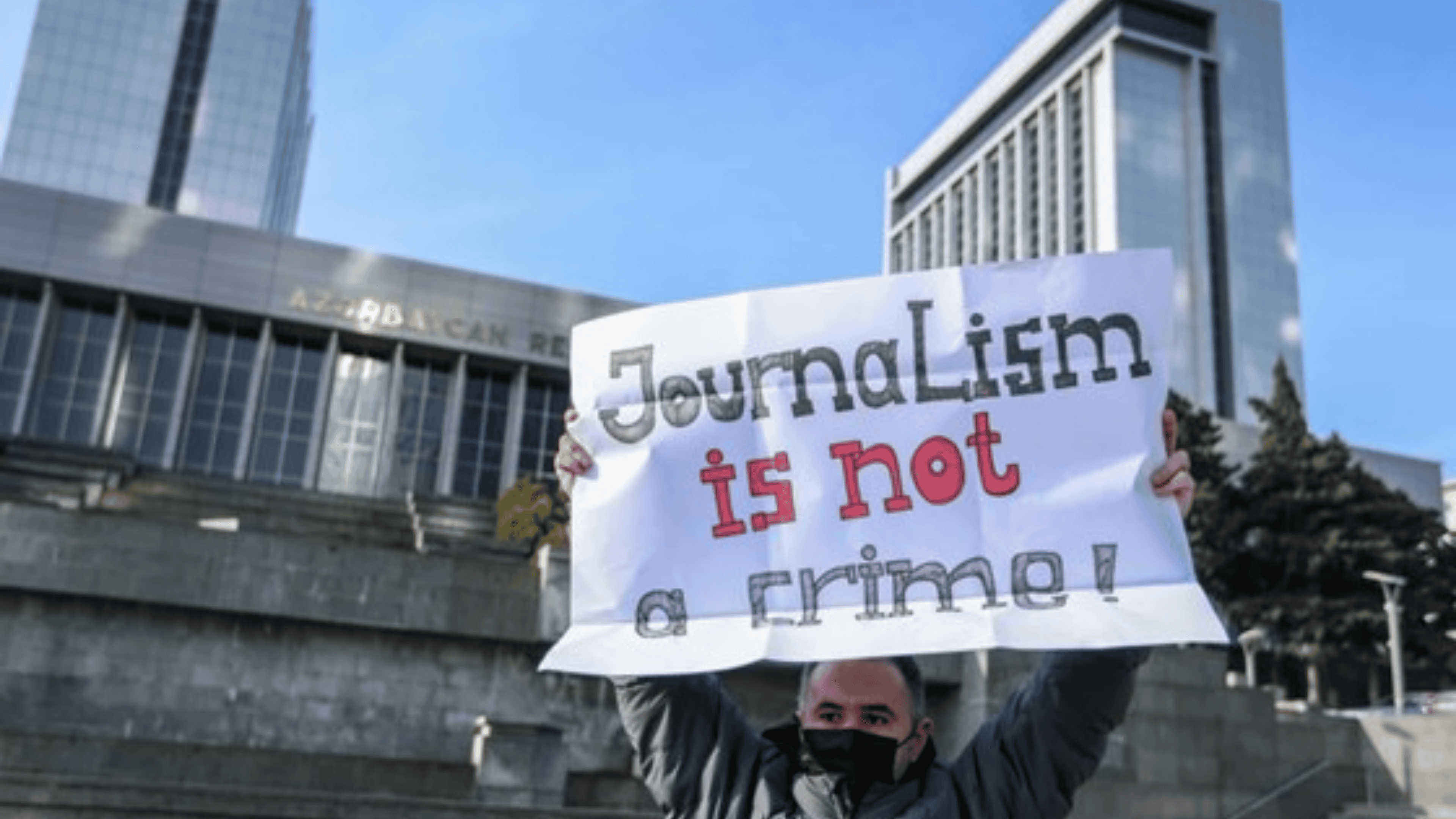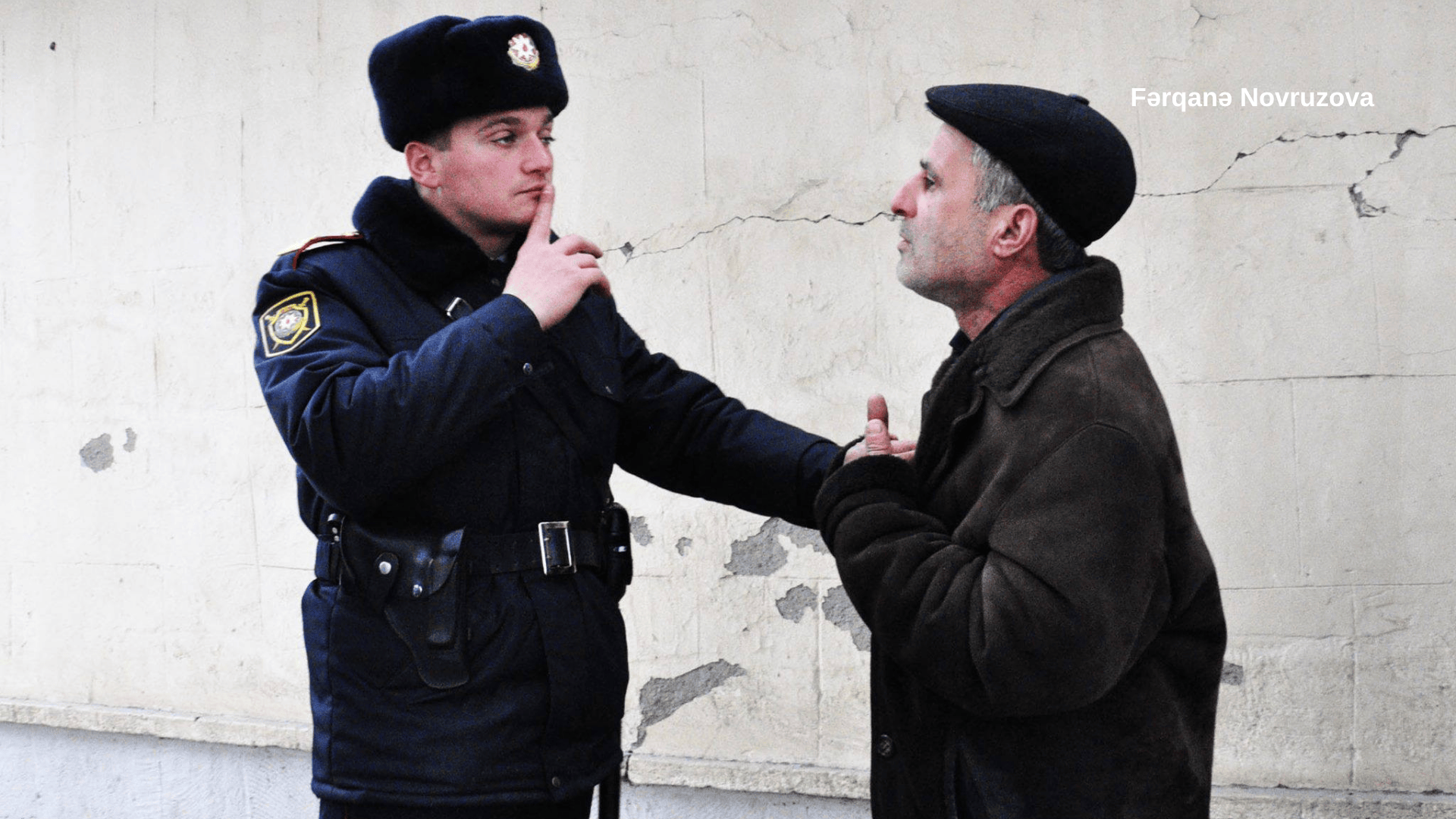HRW: 'Azerbaijan steps up campaign targeting critics abroad'
Azerbaijan targets critics abroad
Georgi Gogiya, deputy director for Europe and Central Asia at Human Rights Watch, warns that Azerbaijani authorities have stepped up their campaign against independent and critical voices living abroad.
“Since March, journalists, bloggers, and political activists abroad have faced charges that appear politically motivated. Arrest warrants in absentia have been issued against them, and they have been summoned for questioning. These measures are part of the authorities’ efforts to suppress critical voices and restrict freedom of expression.”
HRW notes that those targeted are primarily being punished for criticizing human rights violations by the authorities, and there is no evidence linking them to any illegal activity.
The commentary was prepared by a regional analyst. The terms and place names used, as well as the opinions and ideas expressed, reflect solely the author’s or specific community’s position and do not necessarily represent the views of JAMnews or its individual staff members.
Arrest warrants in absentia and the charges filed
Azerbaijani authorities are putting pressure on critics living abroad using legal mechanisms, with arrest warrants in absentia becoming a key tool. Since the critics are outside the country, the courts issue detention orders without their presence.
In March this year, the General Prosecutor’s Office opened criminal cases against several emigrant bloggers on a range of serious charges, including fraud, calls for terrorism, incitement to mass unrest, urging disobedience to authorities, and public calls for the violent overthrow of the government.
Authorities warned that if these individuals do not appear for questioning, in absentia trials would be launched, potentially leading to convictions in their absence.
In the following months, courts issued in absentia sentences against several critics living abroad. For example, in September, France-based blogger Mohammed Mirzali was sentenced in absentia to six and a half years in prison on multiple charges, including “incitement to mass unrest.”
In recent months, 24 critics have come under pressure.
In recent months, Azerbaijani authorities have carried out a large-scale campaign against critics living abroad. During this period, in absentia measures have been taken against 24 individuals who have spoken out against the government, mainly under charges of “public calls against the state” (Article 281.2 of the Criminal Code).
Those targeted come from a range of fields, including prominent journalists such as Sevinc Osmanqizi and Ganimat Zahid, bloggers like Tural Sadygly and Mohammed Mirzali, scholars such as historian Altay Geyushov, and political analysts including Arastun Orudjlu.
Many of them have lived abroad for years and use online platforms to criticize Azerbaijani authorities. The scale of the campaign is evident both in the growing number of people targeted and in its reach across different professional and social spheres.
“Calls against the state” and other politically motivated charges
The charges brought by authorities against critics living abroad are largely political in nature. The most common is “public calls against the state” (Article 281.2).
Other frequently used articles include “calls for disobedience to lawful orders of authorities and for mass unrest” (Article 220.2) and “incitement of national, racial, social, or religious hatred” (Article 283.1).
HRW notes that these articles have been used in Azerbaijan for many years to suppress freedom of expression and to criminalize peaceful critical speech.
The nature of the charges, such as calls against the state or incitement to unrest, points to their political motivation. Human rights defenders argue that these charges are unfounded and aimed solely at silencing critics.
Investigation into emigrants and in absentia trials
As part of their chosen strategy, authorities first summon targeted activists living abroad to the General Prosecutor’s Office through the press or an official notice to participate in investigative actions. They are informed that a criminal case has been opened against them and are “invited” to return to Azerbaijan by a certain date to take part in the investigation.
Critics living abroad understand that returning would likely lead to an unfair arrest, so they do not go. As a result, trials are conducted in absentia, and in absentia sentences are issued.
For example, in November, an in absentia trial began in the Baku Court for Serious Crimes involving eight emigrant bloggers, and the indictment was read out to them.
These in absentia trials, which violate international law standards, proceed without the defense present and effectively formalize a predetermined outcome: declaring the critic a criminal. They also send a public message that anyone who sharply criticizes the authorities will be punished, regardless of where they are located.
No illegal activity has been found on the part of the accused.
What journalists and activists under attack have in common is that in no case has any illegal activity on their part been proven. They have been targeted for their critical statements and materials exposing government policies and human rights violations.
HRW notes that the charges lack any real basis, and it is clear that these individuals are being persecuted solely for openly criticizing human rights abuses committed by the authorities.
For example, journalists Sevinc Osmanqizi and Ganimat Zahid, as well as academic critic Altay Geyushov, have for years used YouTube and social media to report on corruption, election fraud, and other human rights violations.
Azerbaijani authorities portray this critical work as a “crime,” claiming it poses a threat to national security. However, the evidence presented does not show that these individuals incited violence, engaged in terrorist activity, or committed any specific unlawful acts.
The lack of evidence supporting the charges is seen as an indication that these proceedings are politically motivated.
HRW call: “End politically motivated persecution”
International human rights organizations have strongly condemned the actions of Azerbaijani authorities. Human Rights Watch, in particular, has called on the Azerbaijani government to immediately drop all politically motivated charges.
HRW representative Georgi Gogiya emphasizes that the authorities must end the harsh pressure on independent voices both inside the country and abroad, and uphold their international obligations regarding freedom of expression and freedom of assembly.
Organizations like HRW state that the persecution of critics violates Azerbaijan’s international commitments and undermines the country’s global image.
They stress that the authorities must respect their human rights obligations and stop the criminal prosecution of independent journalists and activists.
“Otherwise, freedom of expression will continue to be suppressed both domestically and internationally, in contradiction with democratic values.”
Азербайджан преследует критиков зарубежом











